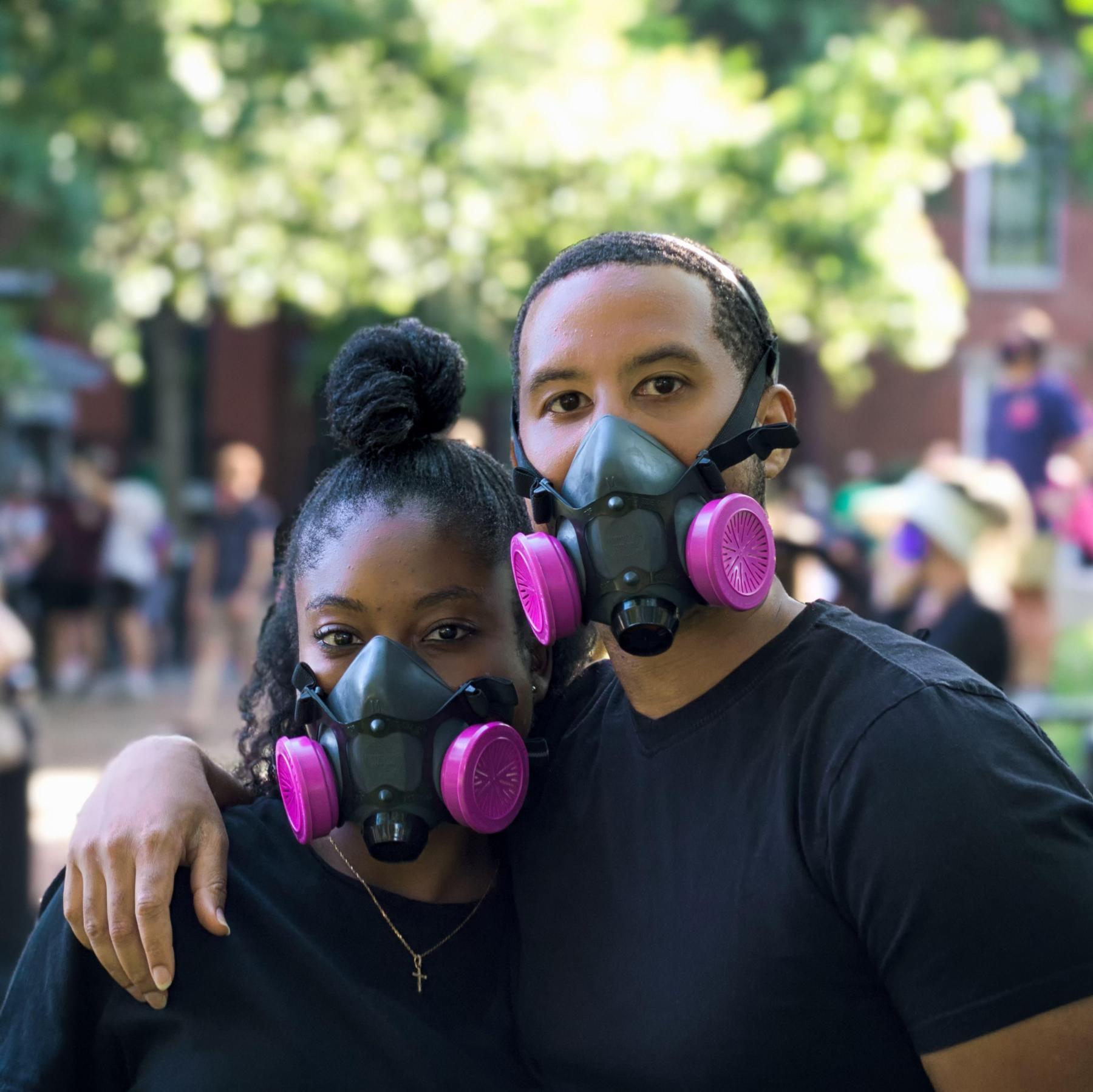The Impact of Toxic Substances on the Human Rights of Indigenous Peoples
The Special Rapporteur on toxics and human rights, Marcos Orellana, recently published a report that examines the negative implications of toxic and hazardous substances on Indigenous Peoples’ enjoyment of human rights. Mining, oil and gas exploration and extraction, spraying of toxic pesticides, dumping of hazardous wastes, and military activities have appalling effects on the rights of Indigenous Peoples. Every aspect of indigenous peoples’ lives is affected by the contamination of their bodies, lands, waters, food, wildlife, and plants. The Special Rapporteur makes recommendations in the report aimed at addressing the adverse consequences of toxic substances on Indigenous Peoples. To make the report more accessible, the Global Toxics and Human Rights Project has published this summary. Read more



